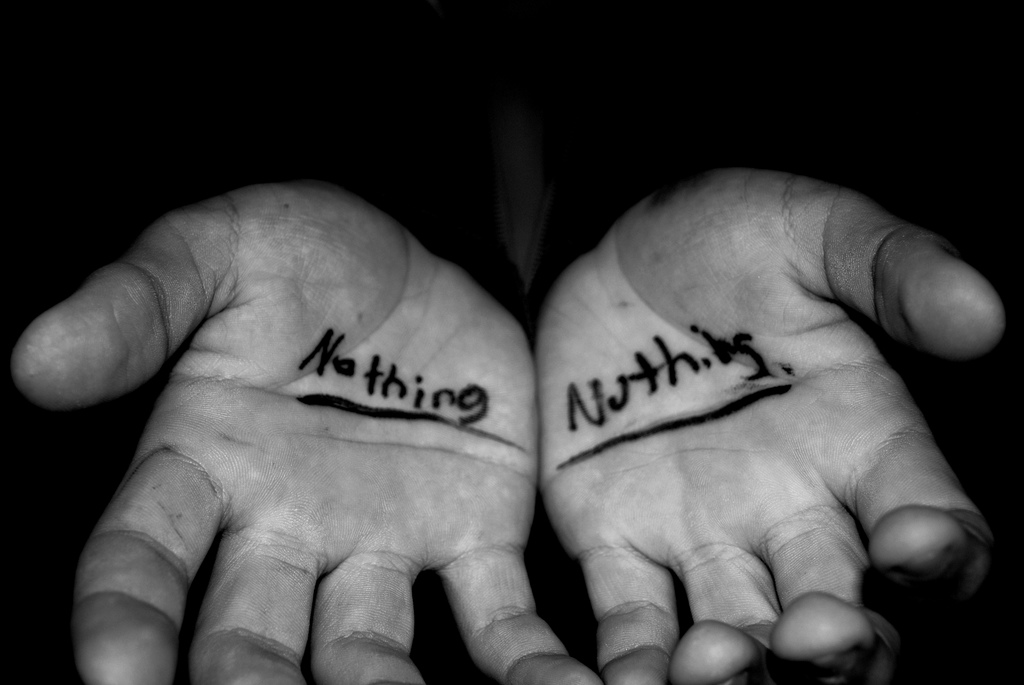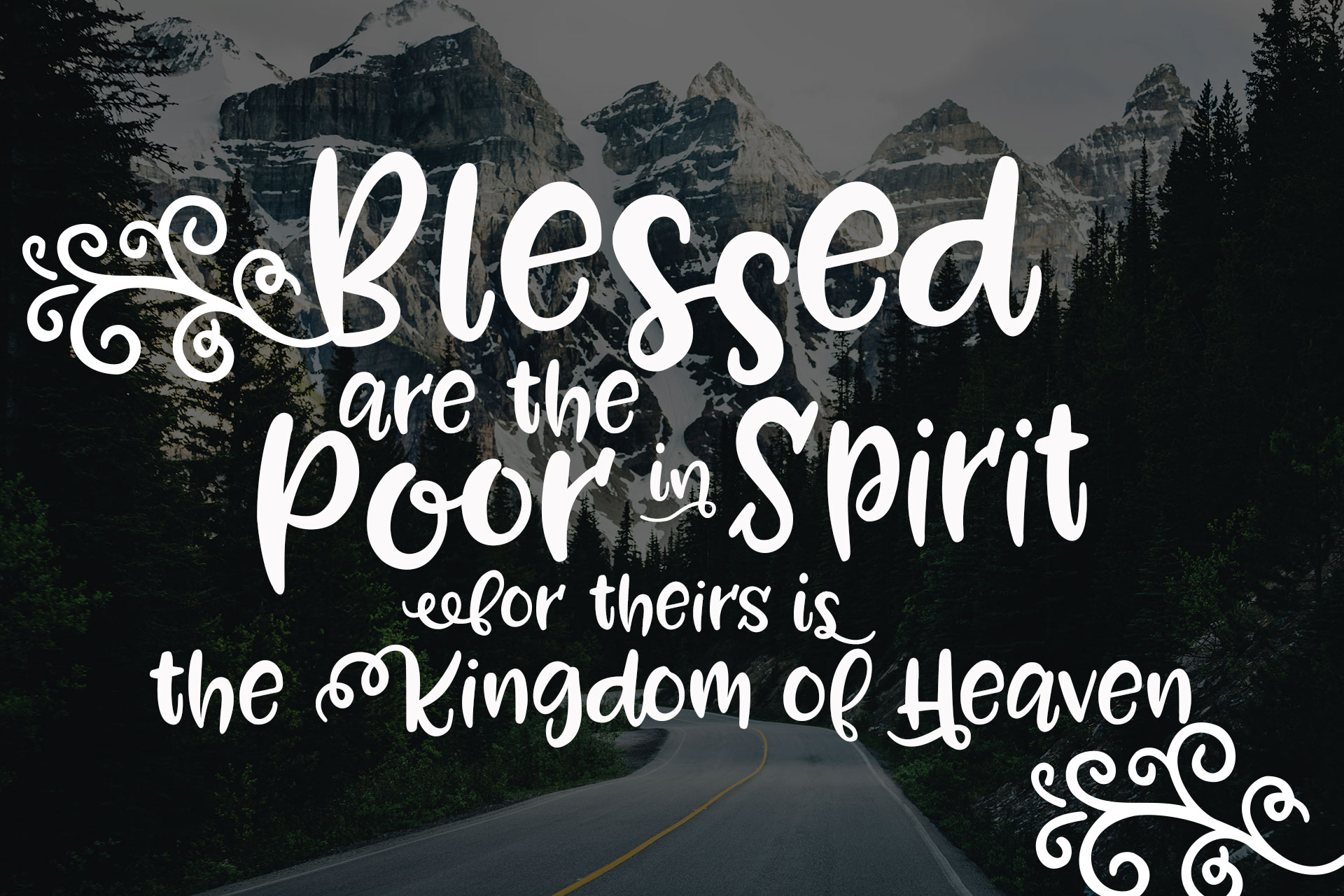Lenten Devotional – Mon, Feb 22: POOR
‘Poor’ in this Beatitude is an alternate form of poverty. In the Gospel of Luke, Christ’s blessing names the economic poor. In Matthew, Christ’s blessing is extended to the ‘poor in spirit’ and has a spiritual, faith-based element to it. Let us be clear, this Beatitude shouldn’t be used to romanticize or valorize poverty. Or […]


